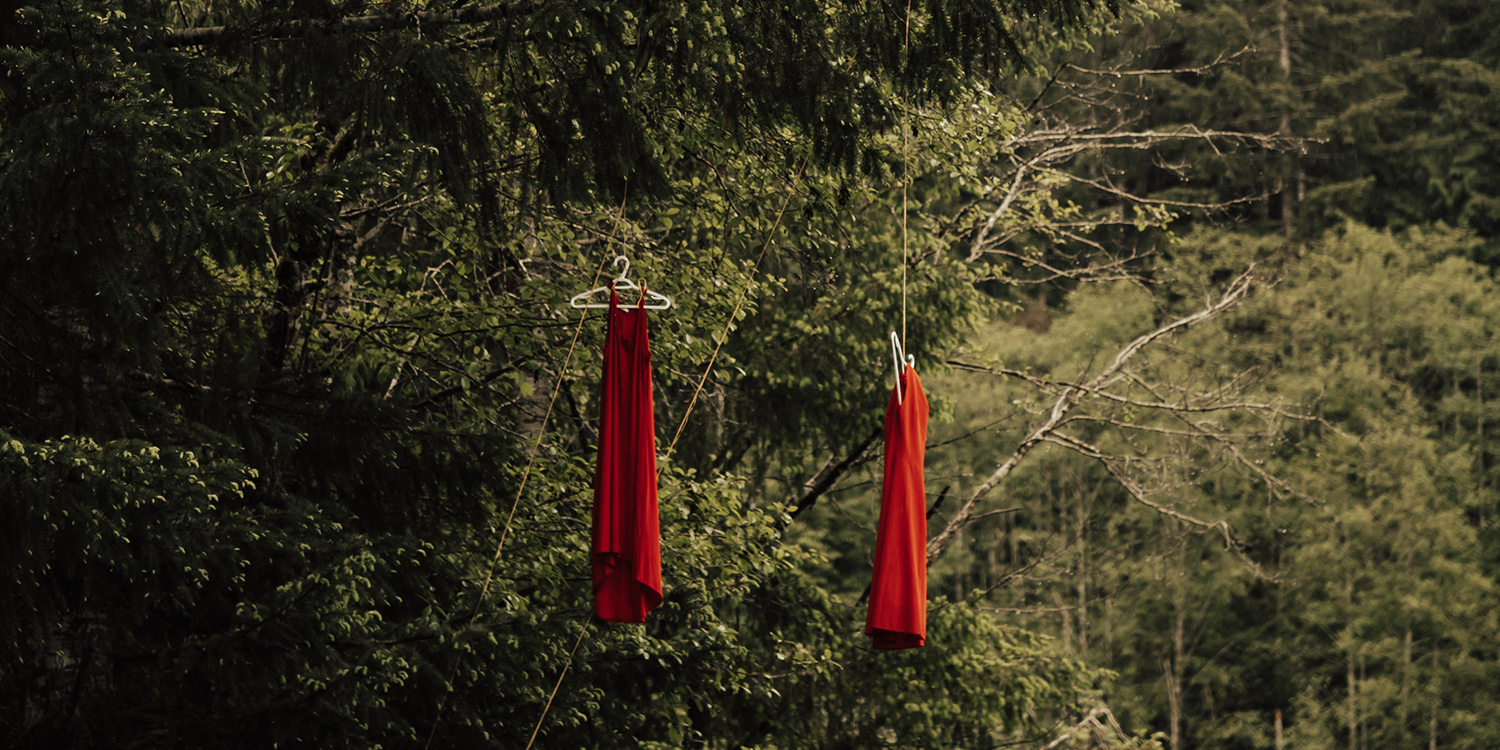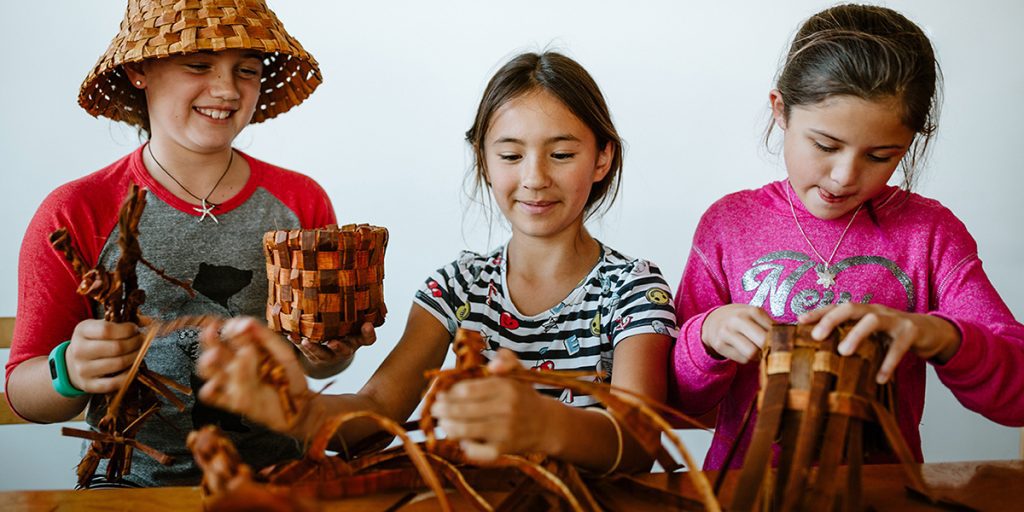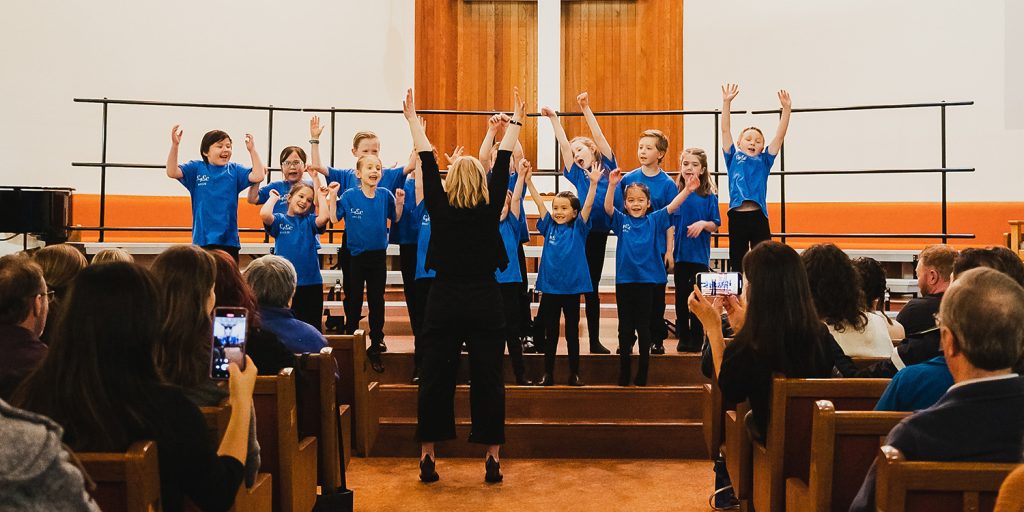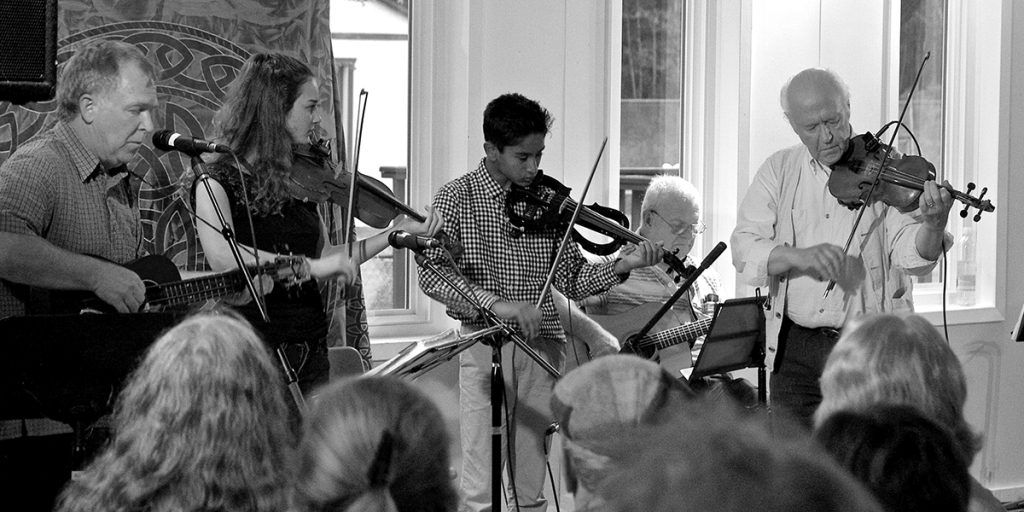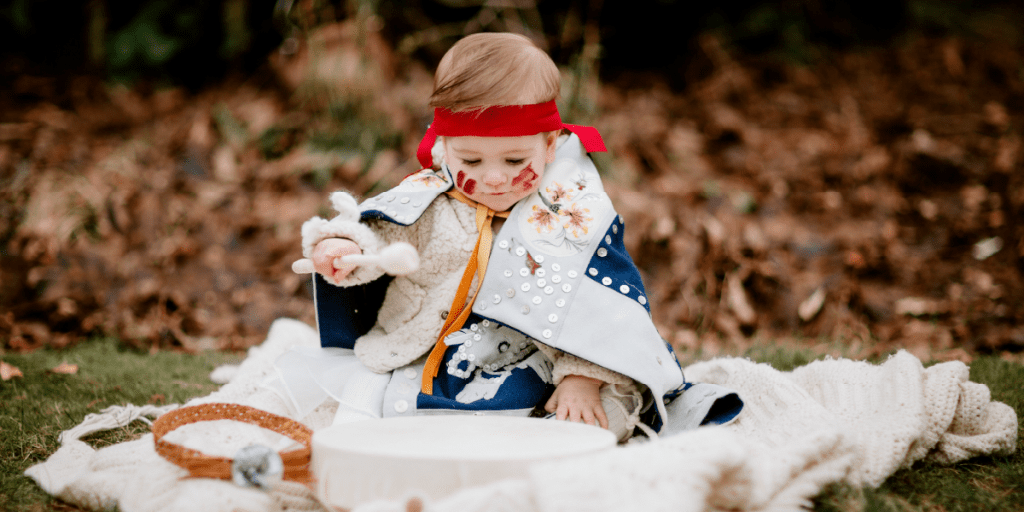Canada’s dark history of Indigenous people and government authorities is riddled with violence and mistrust. Although our country continues to work towards truth and reconciliation, there is a lot of work to do. In Mowachaht/Muchalaht territories, three Gold River community members are working together to create safe and respectful relationships.
John Amos, Mowachaht/Muchalaht First Nations (MMFN) member and youth and elder support worker, has been working closely with RCMP Sgt. Kim Rutherford and social worker Kaitlyn Nohr to create professional relationships built on trust and respect. Amos says he has watched the connection between the RCMP, social workers, and the Nuu-chah-nulth peoples strengthen over the past 20 years.
“Our priority to build relationships and connections with these groups—as well as to collaborate on events and projects—has shown our community that we can begin to trust these people again. Through this, and showing consistent connections, our community attendance and involvement in cultural events has increased.”
Sgt. Rutherford says the RCMP’s strategic priorities are often centred around partnerships. “Being culturally respectful, compassionate, and professional are the backbone to being able to best serve those in our jurisdictions.” Spending time together has contributed to this collaborative effort. “The Elders and my team meet regularly to exchange information and really get to know one another. Sharing meals has become an important foundation of our relationship building process.”
Nohr is the first social worker to live with and support this rural territory, starting her role in 2019. “When I moved here, I remember anticipating how my role as a social worker would be perceived by Indigenous folks and the community at large,” says Nohr. “The relationships I’ve built in this community since that day have been some of the most challenging and rewarding of my life.”
Nohr and her family were recently invited to an event at the House of Unity in Tsa Xana 18, honouring and welcoming home local survivors of residential and day schools. “We were openly welcomed to share in stories and laughs with folks whom we are honoured to call friends, but also shared in tears and immense sadness while acknowledging those who never made it back. I caught myself looking at my four-year-old son, knowing children as young as his age were taken from their families, community, culture, and connections.”
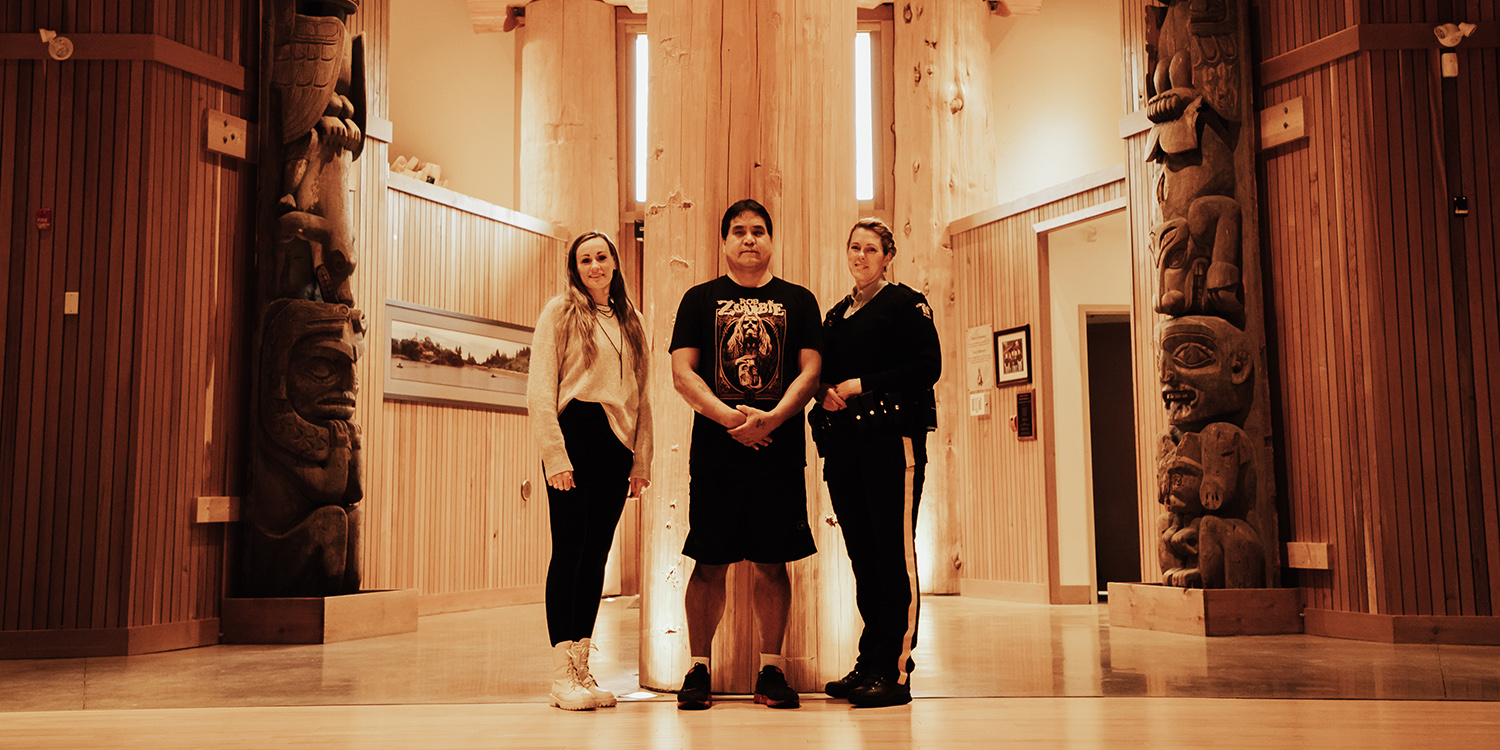
Now, a referral system connects Sgt. Rutherford’s RCMP clients to Nohr’s support services, helping resolve situations before they escalate. “We can proactively make a referral when we learn of someone having struggles rather than waiting until they have a full-blown crisis,” says Rutherford. “The nature of our work allows us to see and hear about issues starting to arise, and our close relationships with these community partners allow us to be a conduit rather than first responders only. This has helped us focus on community policing, which is far more effective at maintaining safe and healthy communities.”
Nohr believes this work supports reconciliation at a grassroots level. “It is only by really showing up—not because we should or have to, but because we want and need to—that we are creating safe spaces and moving towards our own form of reconciliation.”
“The bridging of roles and relationships with the RCMP and social workers has been successful in our region,” reflects Amos. “For me, right now, it’s amazing to see how far we have come and the incredible changes that have happened around building and maintaining trusting relationships. I can see a bright future for all three entities getting along really well.”

